The best phones for kids aren't like the best phones for adults. They're more about having the bare essentials without overwhelming your child with options, compared to having the best features in an adult smartphone.
Of course, that changes depending on the age of your child. For the youngest child, you might simply need a device that you can restrict to only calling and texting. For teens, however, it can mean allowing them to use the apps their friends use while still protecting them from the less pleasant areas of the internet.
While some phone manufacturers make smartphones specifically for children, most of our picks are phones that are easy to adapt for a child’s use. In our ranking, we've also taken into account the difference your child's age makes. A teenager is unlikely to be impressed by the same phone that a seven-year old might love, for instance. That means we've picked out the best phones for children according to specific age groups. Our choices are based not only on parental controls but on durability, battery life, as well as affordability.
Because every child is different, we've set varying criteria depending on the age group involved. That means for the youngest child, a device that's simple to use so you can easily stay in touch while also remaining rugged so you don't have to worry about any accidental damage.
When it comes to options for older kids, we looked at phones that covered the basics while still allowing you to restrict certain parts of the internet so your child isn't exposed to anything unwanted. Finally, when it comes to high school teenagers, we've looked at the current selection of the most affordable adult smartphones out there.
If you're already confused, don't worry. Generally, for anyone but the youngest child, a phone running the latest iOS or Android 10 (or later) is a safe bet. Both operating systems have excellent parental control features that mean you can control pretty much everything if need be, while still giving your kids features they can explore safely.
For young kids
Best phone for young children
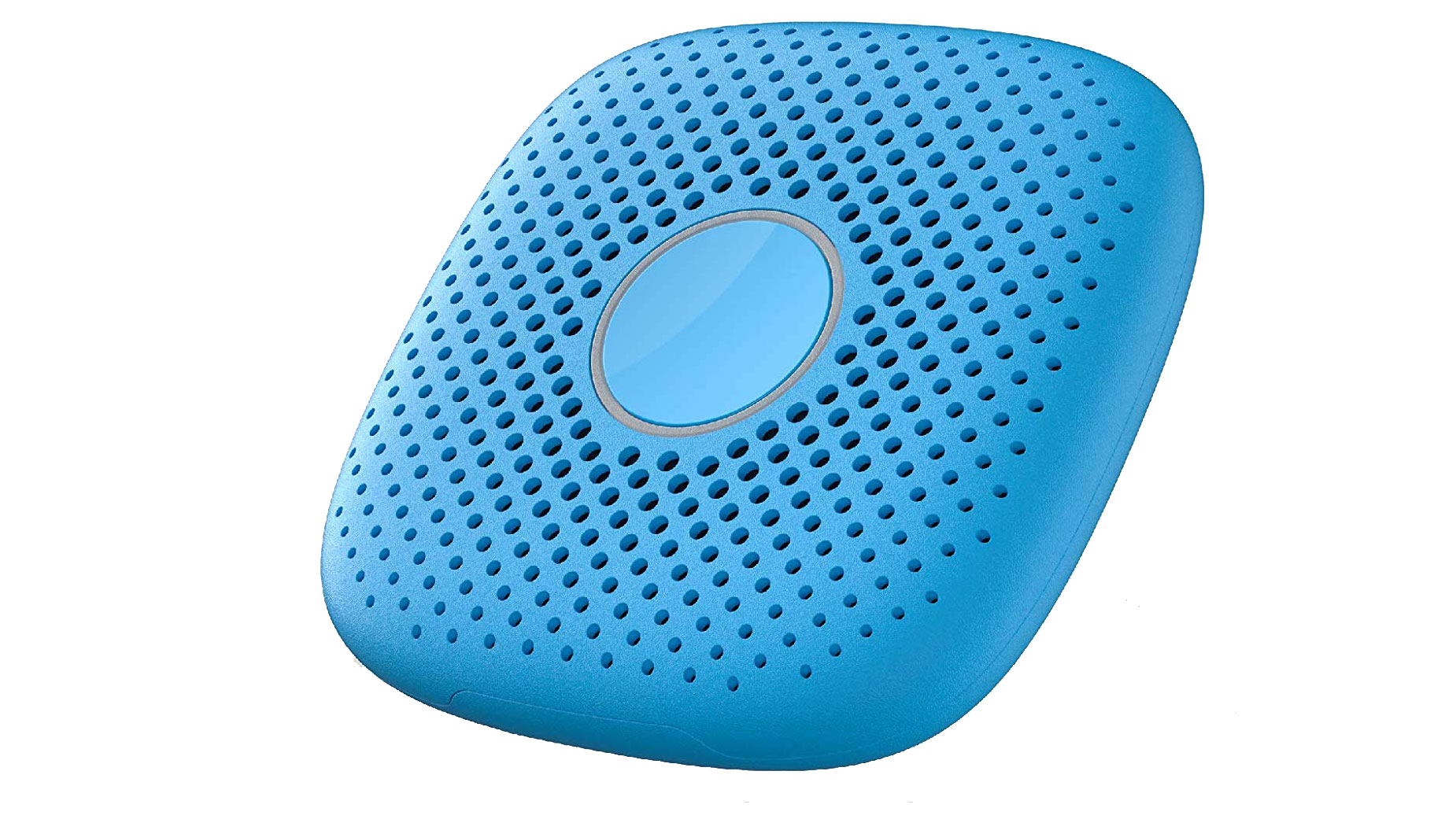
The Relay is a kind of GPS-enabled walkie-talkie with push-to-talk rather than the familiar calling screen.
It uses 4G LTE for US-wide range and also connects to Wi-Fi networks you've set up in the parent app, and its battery is good for two days between charges.
You can create geo-fenced areas from 50 to 200m across and be notified if your child starts to wander off, and the case is both tough and water-resistant – and no screen means no risk of a smashed display rendering your Relay redundant.
Downsides? It's only available on contract with a $9.99 monthly service charge (plus tax), and while the marketing blurb says it's smaller than a Post-It note they mean a big Post-It: it's two and a half inches square and half an inch deep.
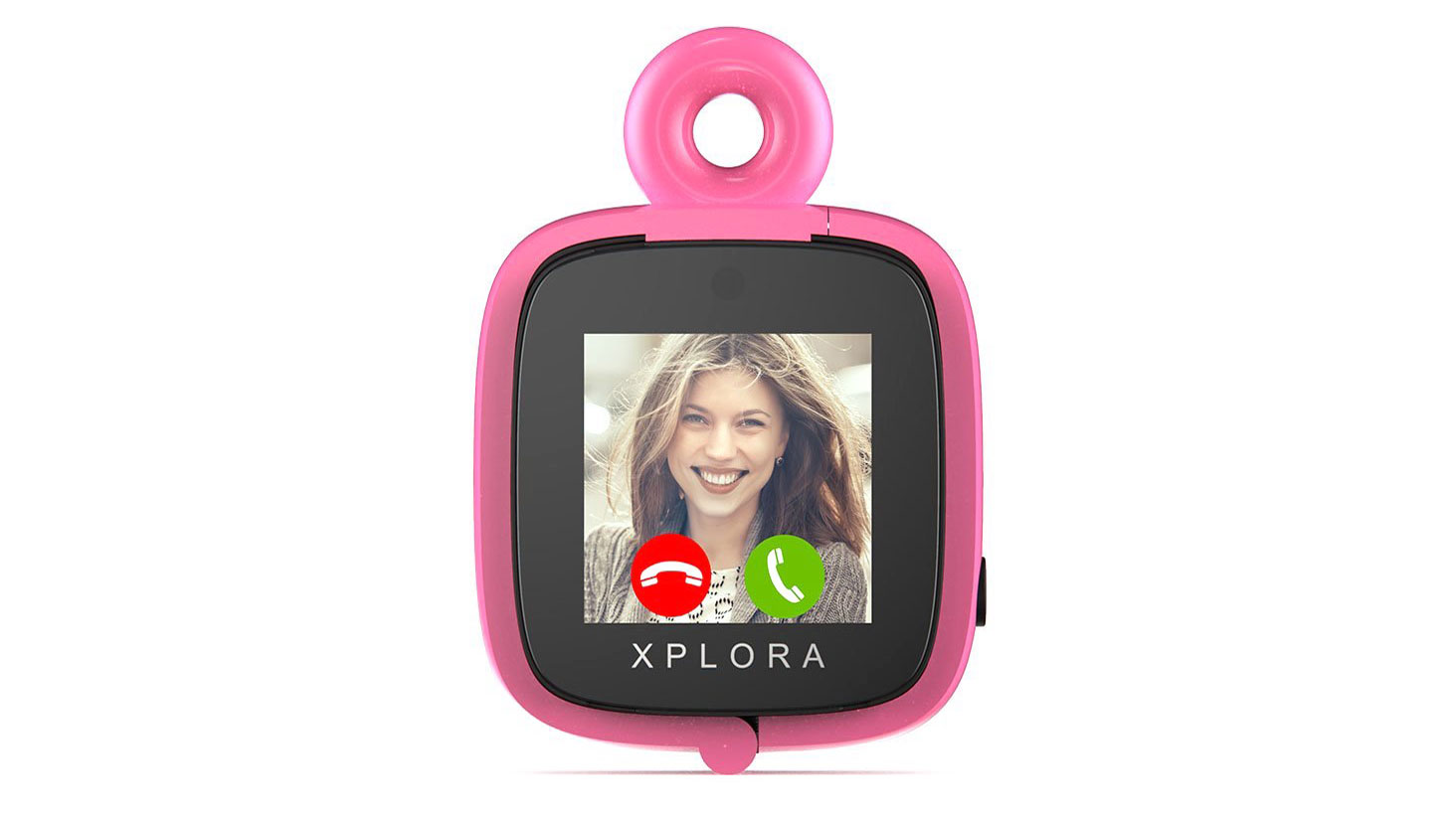
There are multiple Xploras, of which the Go Clip is the simplest and cheapest: it's designed to hook onto a belt or backpack via the included carabiner hook and enable you to track your child's location via your smartphone app.
It's designed for places such as festivals where your little ones can easily wander off, and you can set up Safety Zones that will automatically notify you if your child leaves them.
The Go is sold SIM-free but if you supply one you can also use it as a phone, with simple touchscreen controls and support for text messages and emoji.
For pre-teens
Best phone for pre-teens
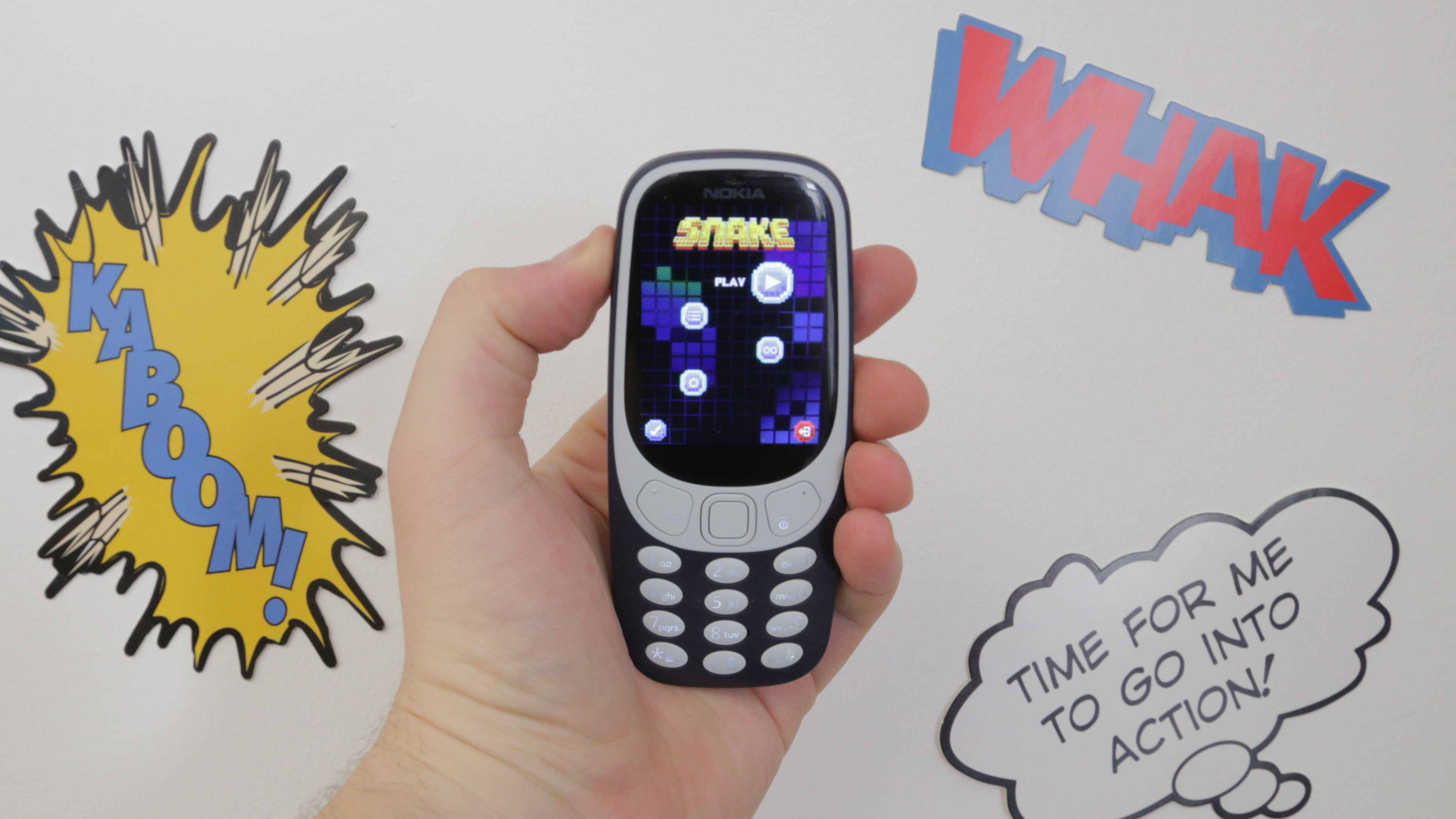
We fond memories of the original 3310 from 2000, a phone so tough that if you dropped it you'd need to buy a new floor. The new Nokia 3310 3G isn't quite so tough, but it's still reassuringly chunky and makes for a really great children’s phone.
There's a brilliant battery with a whopping one-month standby time, a crisp, clear screen, an okay camera and a customizable interface, although to the best of our knowledge there's no easy way to remove the pre-installed Facebook and Twitter icons.
Although the 3310 3G is cheap, it's still on the pricier side of the budget feature-phone market: there are other Nokias that do much the same as the 3310 for less, albeit with a bit less style.
- Read our in-depth Nokia 3310 review
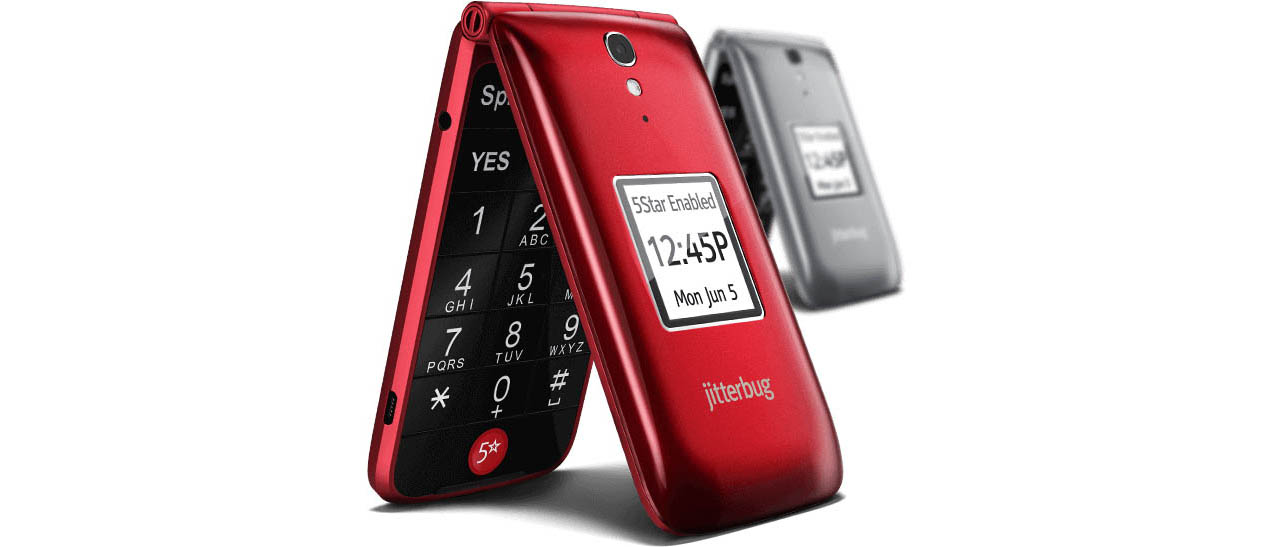
The Jitterbug Flip was designed for and is marketed to older users, but the same features that make it a great phone for Grandma mean it's also a good phone for younger users too.
There's none of that new-fangled Facebook or Twitter nonsense here, just big, bright buttons, a very loud speaker and a crystal-clear display wrapped in a case that's extremely reminiscent of the iconic Motorola Razr V3.
There's a camera, albeit not a fantastic one, and the user interface is simple to navigate.
Unfortunately the Flip is quite a bit more expensive than other feature phones and it's limited to the GreatCall phone service in the US, although it's available unlocked in the UK.
- Read our in-depth Jitterbug Flip review
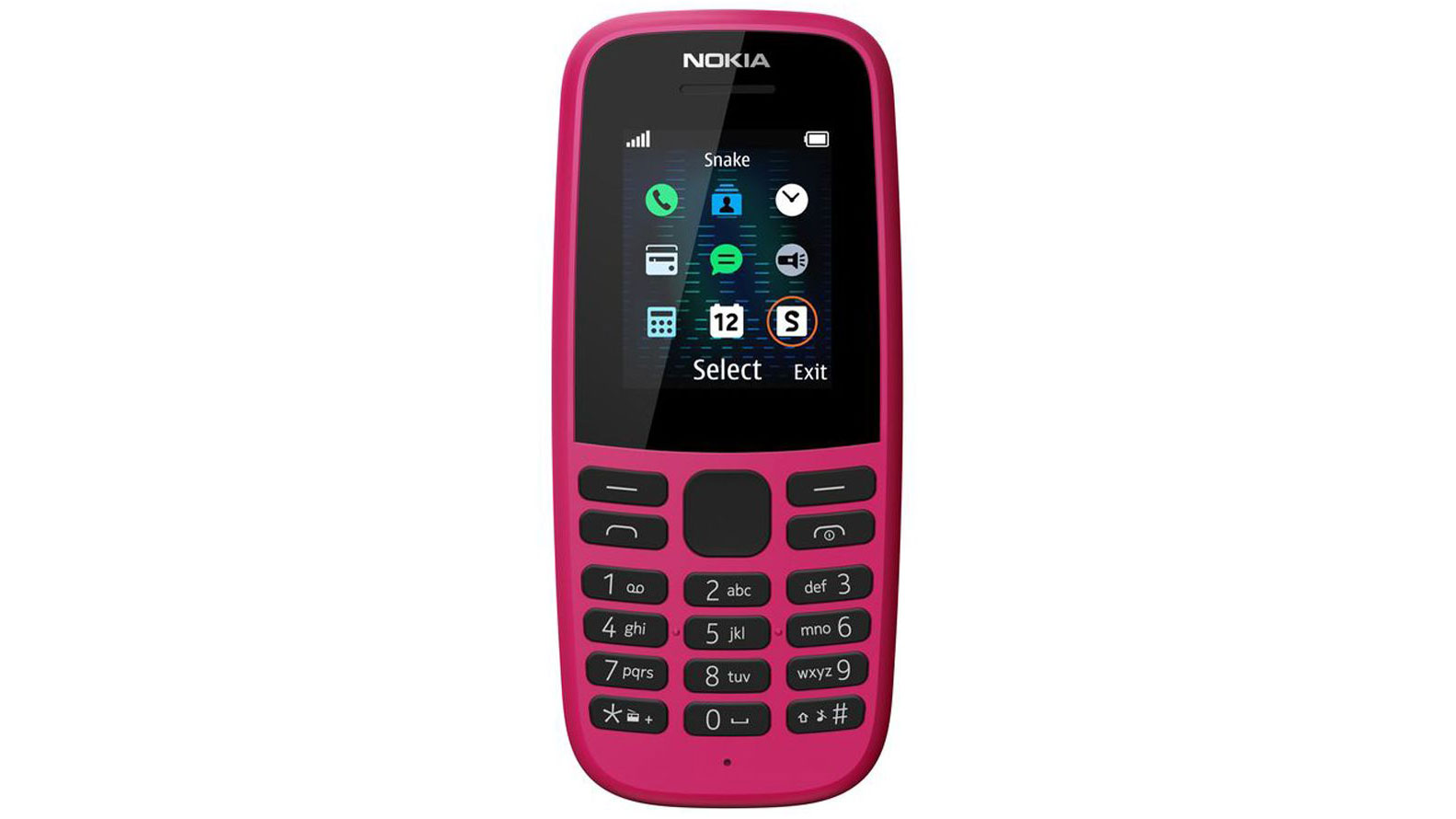
When we say "cheap" we mean cheap: at the time of writing our local Argos is selling this lovely little phone in the UK for just £17.95 (around $20 / AU$35) SIM-free.
It's very similar to the Nokia 3310 3G, but this one's purely 2G – which means it couldn't use the internet even if it really, really wanted to – and focused very firmly on the essentials: calling, texting and playing Snake.
The battery is good for 15 hours of talking or a month on standby, there's a built-in FM radio with headphone socket that your child probably won’t ever use, and it comes in black, blue or pink.
For teens
Best phone for teens
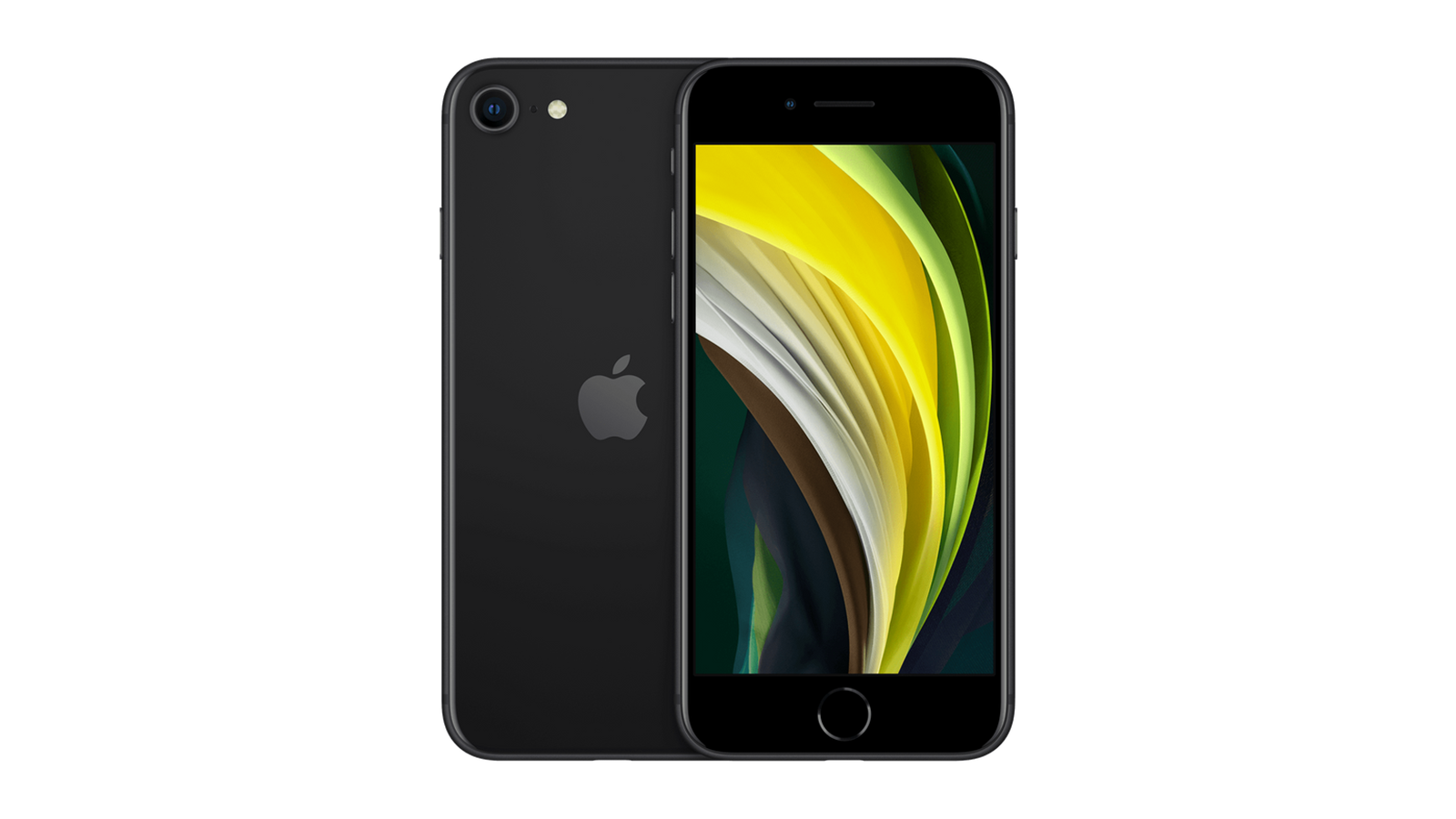
The iPhone SE is the best iPhone choice for kids as it is the cheapest and smallest, so you’ll spend less and they won’t struggle with a massive phone. Released in 2020 it means it’ll get software updates for four or five years, so get your child a case for its fragile glass construction and there’s no reason it won’t last that long.
There are tons of cases and accessories on the market, plus it comes with headphones in the box. If your family are all on iPhones, your kids won’t miss out on the family iMessage chat, plus you can share photos and other files easily over AirDrop.
You could get an older iPhone secondhand but if you want to buy new, the SE is the best choice.
- Read our in-depth iPhone SE review
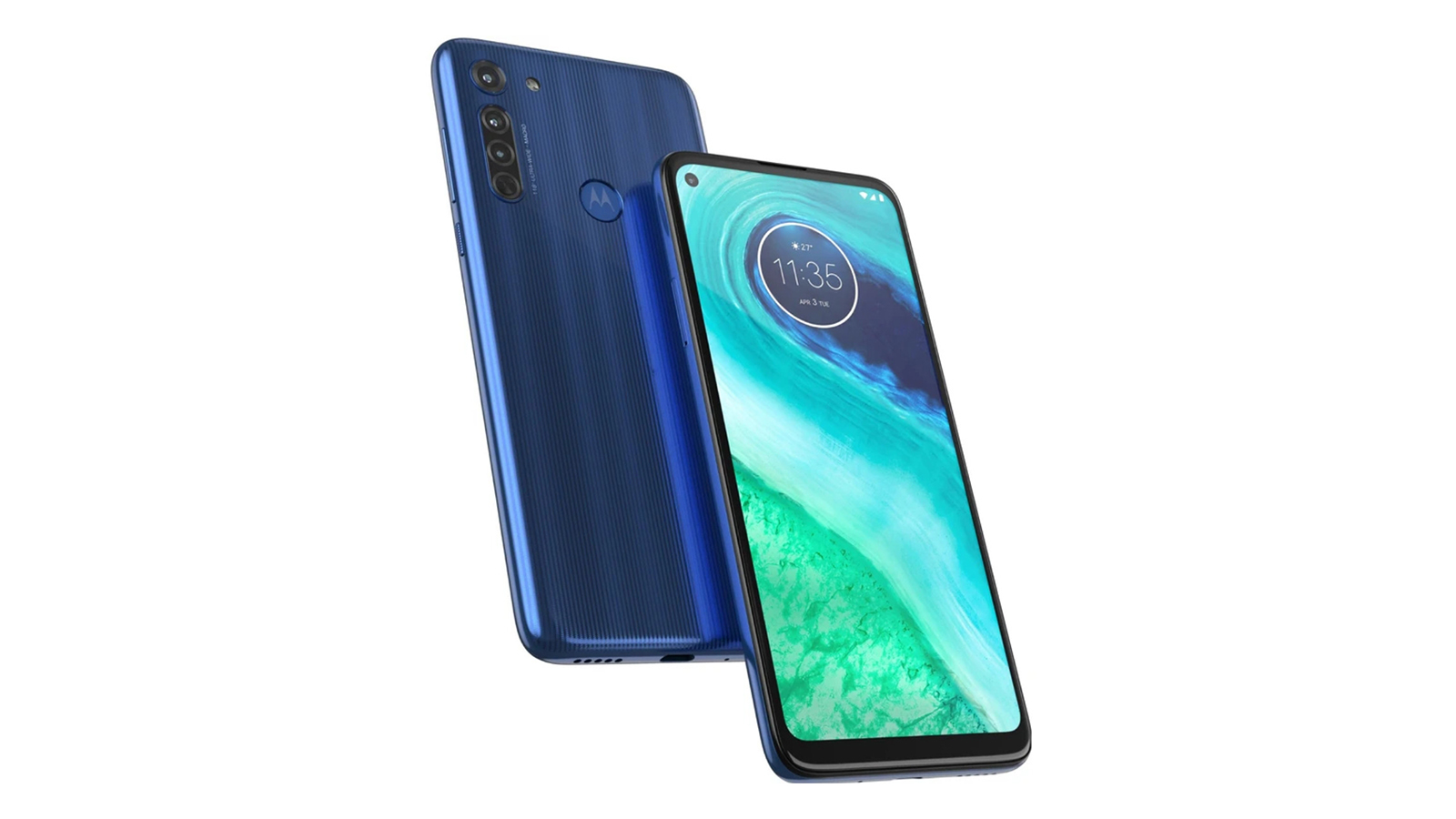
With a low starting price, this is a very capable Android smartphone that will keep your kid connected.
It has the latest Android 10, decent cameras, good battery life and a plastic build that hopefully won’t smash too easily. It’s got 64GB storage that should be enough for most children’s app and photo needs, plus a headphones jack.
Annoyingly it has no NFC so you can’t make mobile payments, but otherwise this is a great value teen option.
- Read our in-depth Moto G8 review
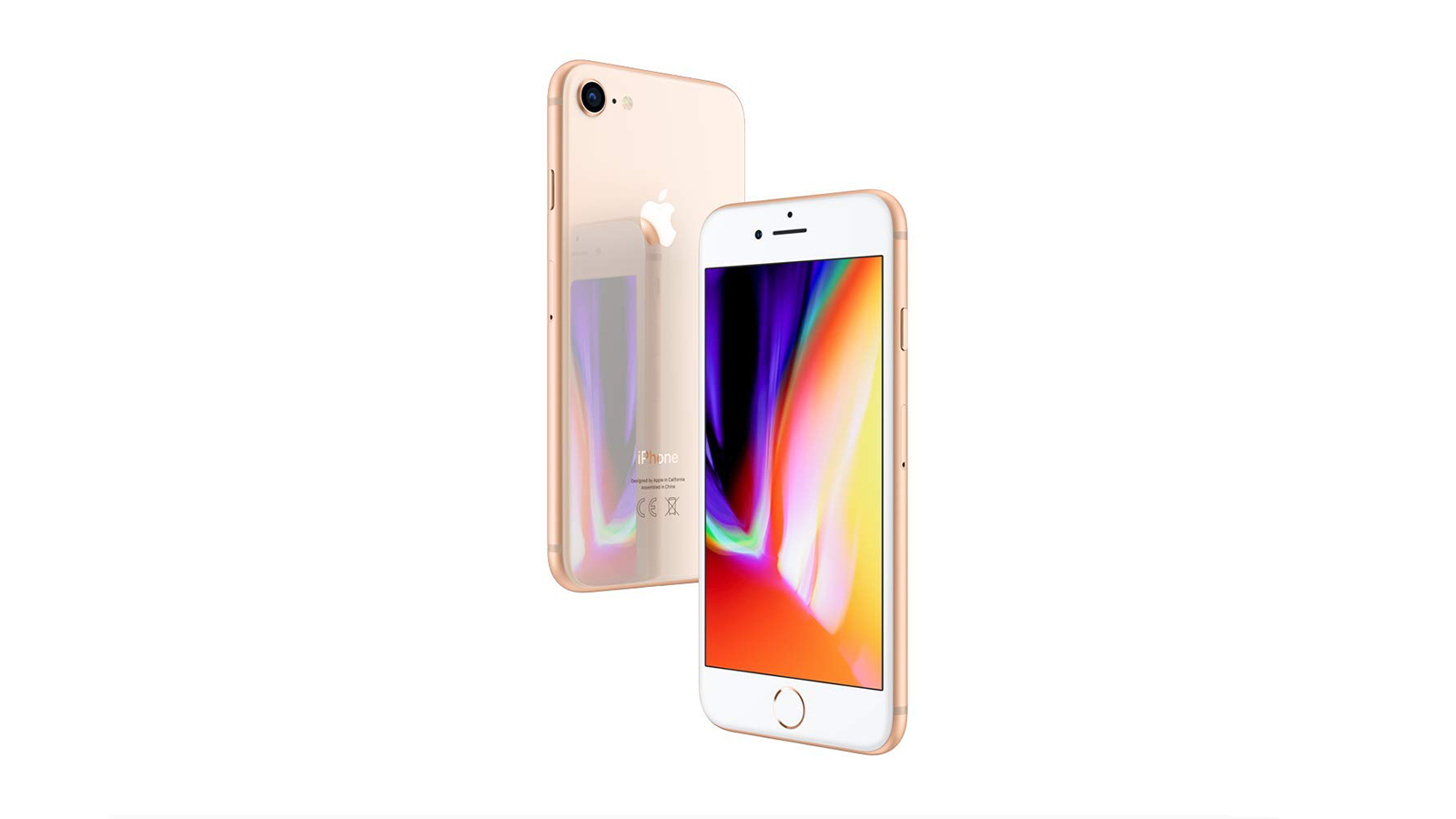
If it has to be an iPhone but you’re on a strict budget, try and find the now-discontinued iPhone 8. The range of cases on the market is unparalleled, and for undemanding use it’s still got decent enough specs.
The camera is solid, it has wireless charging, and comes with all the advantages if your family uses Apple products like the iPad and Mac, too.
A downside is that it won’t be supported for more than another year or two with software updates, so if you want the latest security and features for longer, try the iPhone SE 2020.
- Read our in-depth iPhone 8 review
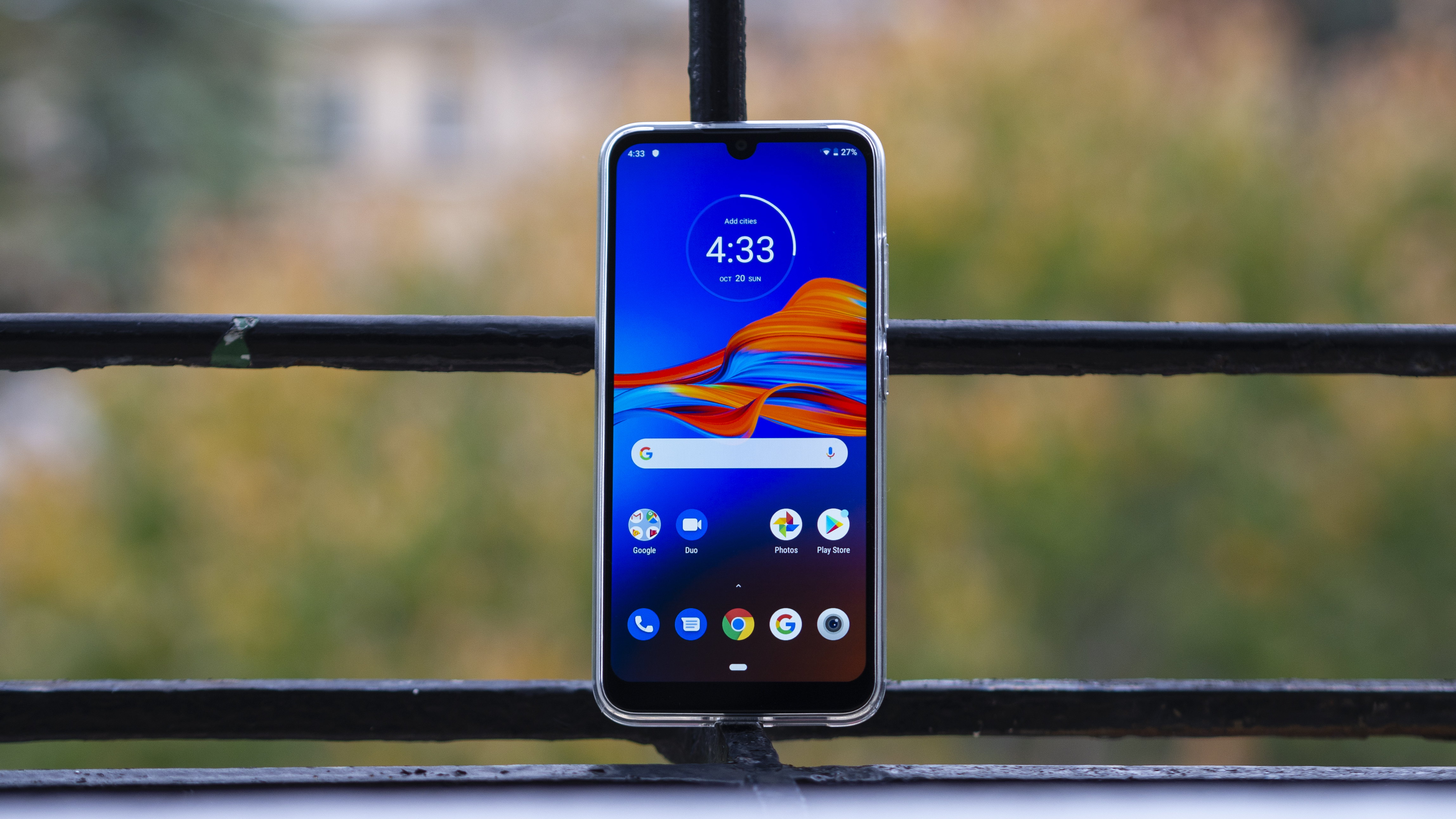
There's a lot to love about the Moto E6 Plus, starting with the cost: with a typical street price of just £99.99 it delivers an awful lot of bang for very little buck.
It can be a little confusing to navigate the various different models, some of which have some differences in their features, but the core device is solid and smart with a 13MP main camera and an 8MP one for selfies, a decent octa-core processor, expandable storage via microSD cards and a long-lasting 3,000mAh battery.
It's no longer getting Android updates, though, so it runs Android 9 rather than the newer Android 10. Nevertheless it's a sensible buy.
- Read our in-depth Moto E6 Plus review
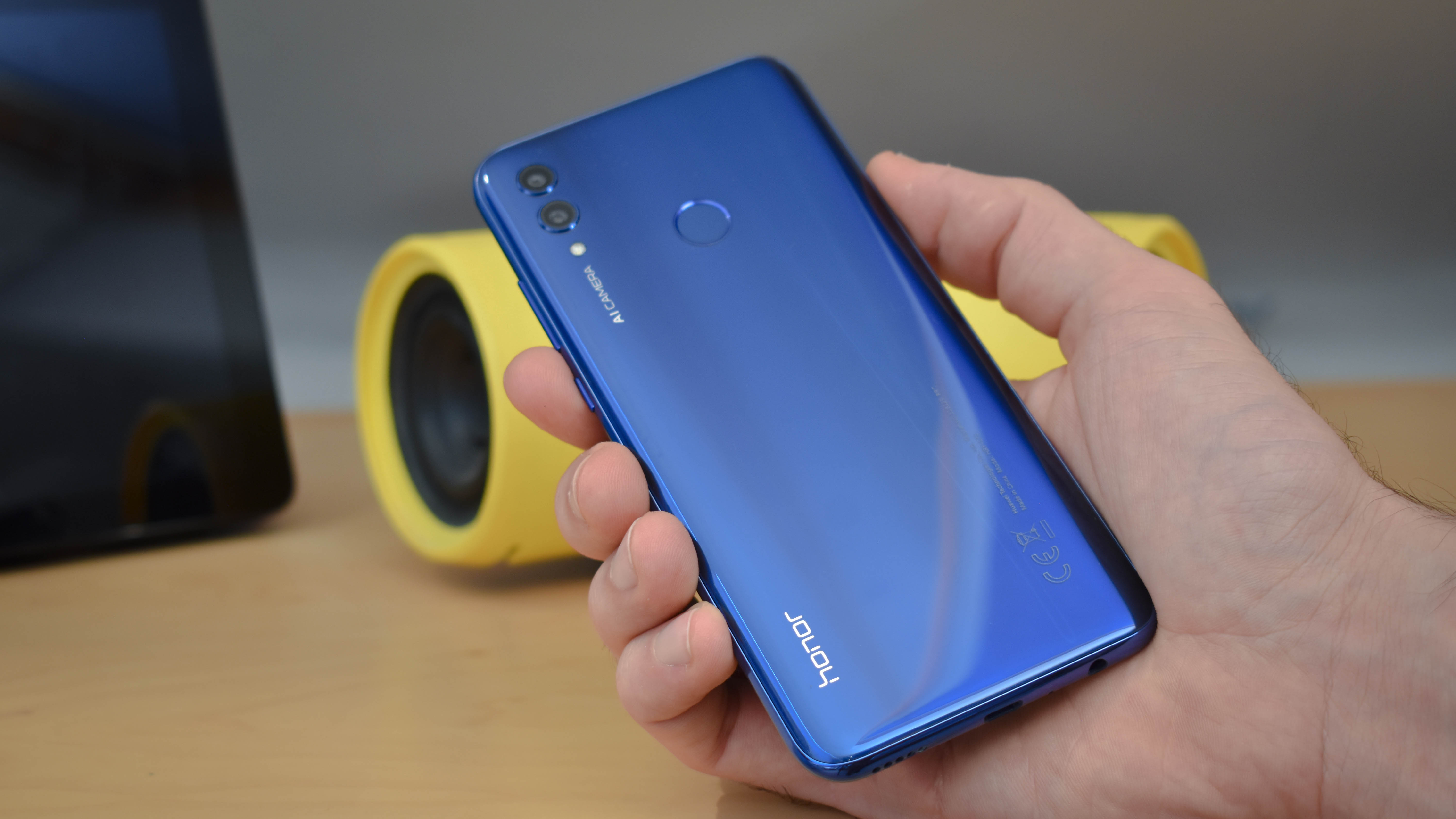
Honor's a big name in budget smartphones because it offers great value for money. The Honor 10 Lite is no exception, with a number of providers offering it for free on very low-priced monthly contracts.
The main negative isn't the hardware, but Google's decision to suspend Honor and its parent, Huawei, from future Android and app updates: the future is currently murky.
That's a shame, because the phone itself is brilliant. It's not too big and not too small, it looks fantastic, it has good online storage and there's a decent processor with 3GB of RAM for impressively smooth performance.
There's a pre-fitted screen protector to guard against drops, a big battery and a selfie camera with a whopping 24 megapixels; the rear camera is a clever dual-camera setup with 13MP. It’s a superb phone for selfie addicts as well as everyday use.
- Read our in-depth Honor 10 Lite review
Thinking of insuring your kid's smartphone?
While many phones for kids are built to last, they need to be given that children aren't always careful with tech. So with that in mind you might want to consider comparing the top contents insurance deals with GoCompare in the UK - it provides cover against accidental damage, loss and theft.
- Step it up to the best iPhone 2020
source https://www.techradar.com/news/best-phones-for-kids/
0 Comments:
Post a Comment